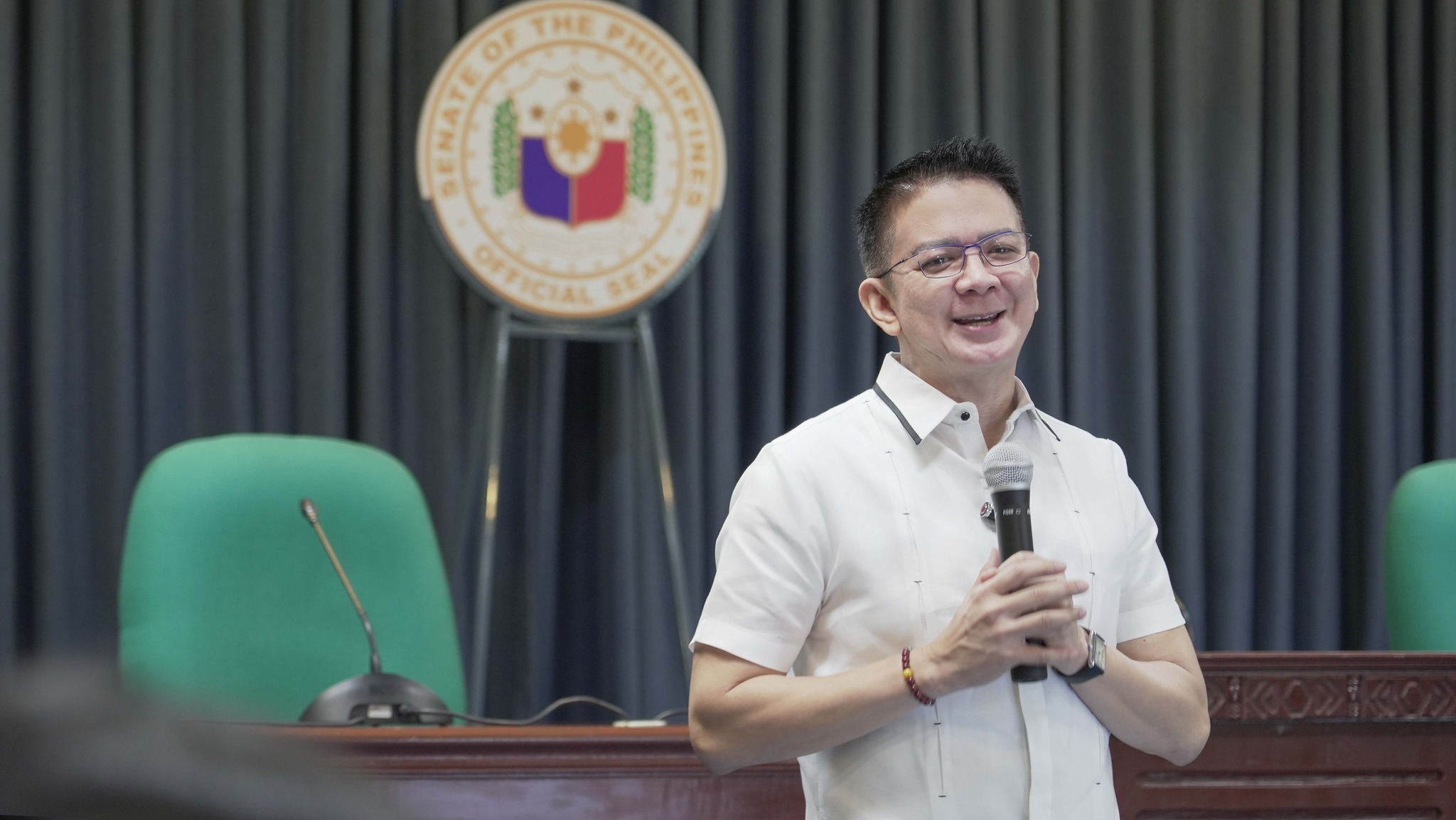The Senate has formally taken the first steps toward the impeachment trial of Vice President Sara Duterte, following a directive from Senate President Francis “Chiz” Escudero to establish the administrative support group for the impeachment court. With this procedural groundwork in place, House prosecutors suggest that the trial could be concluded by the end of June.
However, Escudero tempered expectations regarding the trial’s immediate commencement. He underscored that key political milestones—including the May midterm elections, the swearing-in of newly elected senators in July, and the presentation of evidence against Duterte—are factored into the timeline. Under his proposed schedule, the formal trial process would begin no earlier than July 30.
Senate Moves Forward with Trial Preparations
Manila Representative Joel Chua, a key member of the House impeachment prosecution panel, confirmed on Thursday that Escudero’s Special Order No. 2025-014 had formally initiated the Senate’s trial process. This development, according to Ako Bicol Representative Raul Angelo Bongalon, means the impeachment trial could begin immediately and reach a verdict by June 30.
“The Senate’s latest move reaffirms our dedication to upholding accountability at the highest levels of government,” Chua stated. He emphasized that the House of Representatives had fulfilled its constitutional mandate by transmitting the articles of impeachment to the Senate. It is now the Senate’s duty to conduct a fair and impartial trial to determine whether Duterte should be removed from office.
With Thursday’s special order, the Senate has laid the procedural foundation for the trial, which includes the issuance of summons to all parties involved, the acceptance of evidence, and witness testimonies to determine the strength of the charges.
The Charges: Corruption, Abuse of Power, and More
Vice President Duterte faces a range of serious accusations, including violations of the Constitution, corruption, and high crimes. Among the most significant allegations are:
- The misuse of P612.5 million in confidential funds
- Unexplained wealth and discrepancies in declared assets
- Alleged threats to assassinate President Ferdinand Marcos Jr., First Lady Liza Araneta-Marcos, and House Speaker Martin Romualdez
Chua emphasized that the impeachment trial transcends Duterte’s individual fate, stating:
“This process is not just about one person—it is about protecting the democratic institutions of our nation. The people deserve leaders who uphold public trust. This trial will test our nation’s commitment to justice and accountability.”
Trial Timeline: Can the Senate Deliver a Verdict Before June?
Bongalon, speaking in a virtual press briefing, said there is a “strong possibility” that the trial could begin before the 19th Congress adjourns on June 30. If the impeachment court convenes by March, he believes a conclusion could be reached within two to three months, potentially wrapping up before the end of the current congressional session.
Bongalon also dismissed concerns over public opinion influencing the trial. A WR Numero Research survey revealed that 46.7% of Filipinos oppose Duterte’s impeachment, while 33.3% support it, with the rest undecided.
“Surveys may fluctuate, but facts remain constant,” he asserted. “This impeachment is not about political preference—it is about corruption, abuse of power, and betrayal of public trust. Every Filipino taxpayer deserves transparency and accountability from their leaders.”
Escudero’s Letter to Duterte Outlines Senate’s Next Steps
In a separate press conference, Escudero disclosed that he had formally informed Vice President Duterte of the Senate’s preparations through a two-page letter sent on February 20. This letter outlined the proposed schedule and procedural steps leading up to the trial.
However, Escudero clarified that the schedule remains subject to approval by the Senate impeachment court, which will operate under established impeachment rules.
“I have initiated the necessary procedures in accordance with applicable laws, rules, and precedents to ensure a fair and orderly impeachment trial,” Escudero wrote. A copy of this letter was also sent to the House of Representatives in the interest of transparency.
Key Dates in the Impeachment Trial Calendar
Escudero’s proposed timeline lays out the following key events:
- June 2: House prosecutors present the articles of impeachment as Congress resumes session.
- June 3: The Supreme Court Chief Justice is sworn in as the presiding officer, and senators take their oaths as impeachment trial judges.
- June 14-24: The exchange of legal pleadings takes place between both sides.
- July 28: The 20th Congress convenes.
- July 29: The newly elected senators are sworn in as impeachment judges.
- July 30: Trial officially begins (subject to Senate approval).
As the impeachment process unfolds, all eyes will be on the Senate to see whether the trial will reach a swift and decisive conclusion or extend beyond the proposed schedule. What remains certain is that the political and legal ramifications of this case will shape the country’s leadership landscape for years to come.

